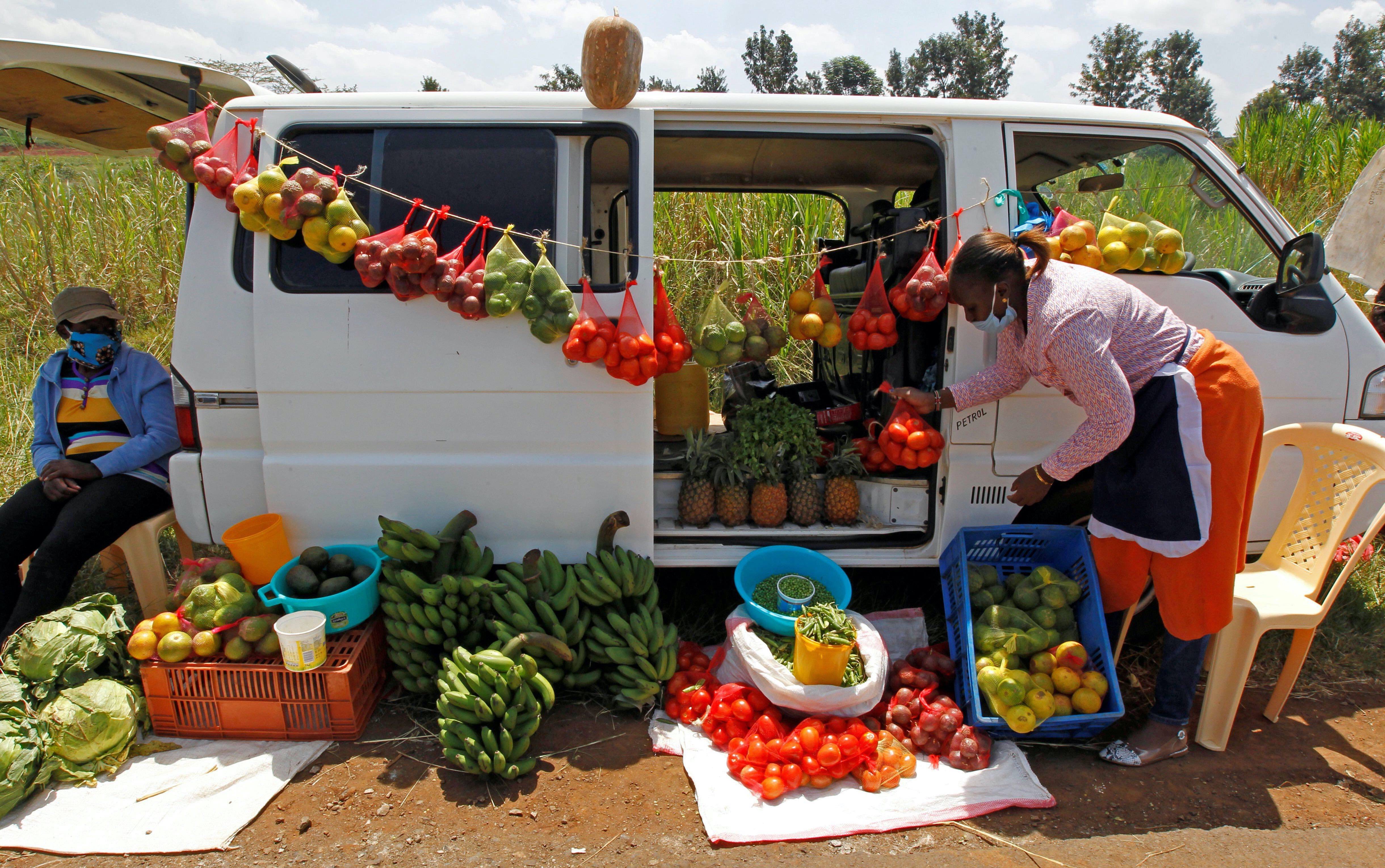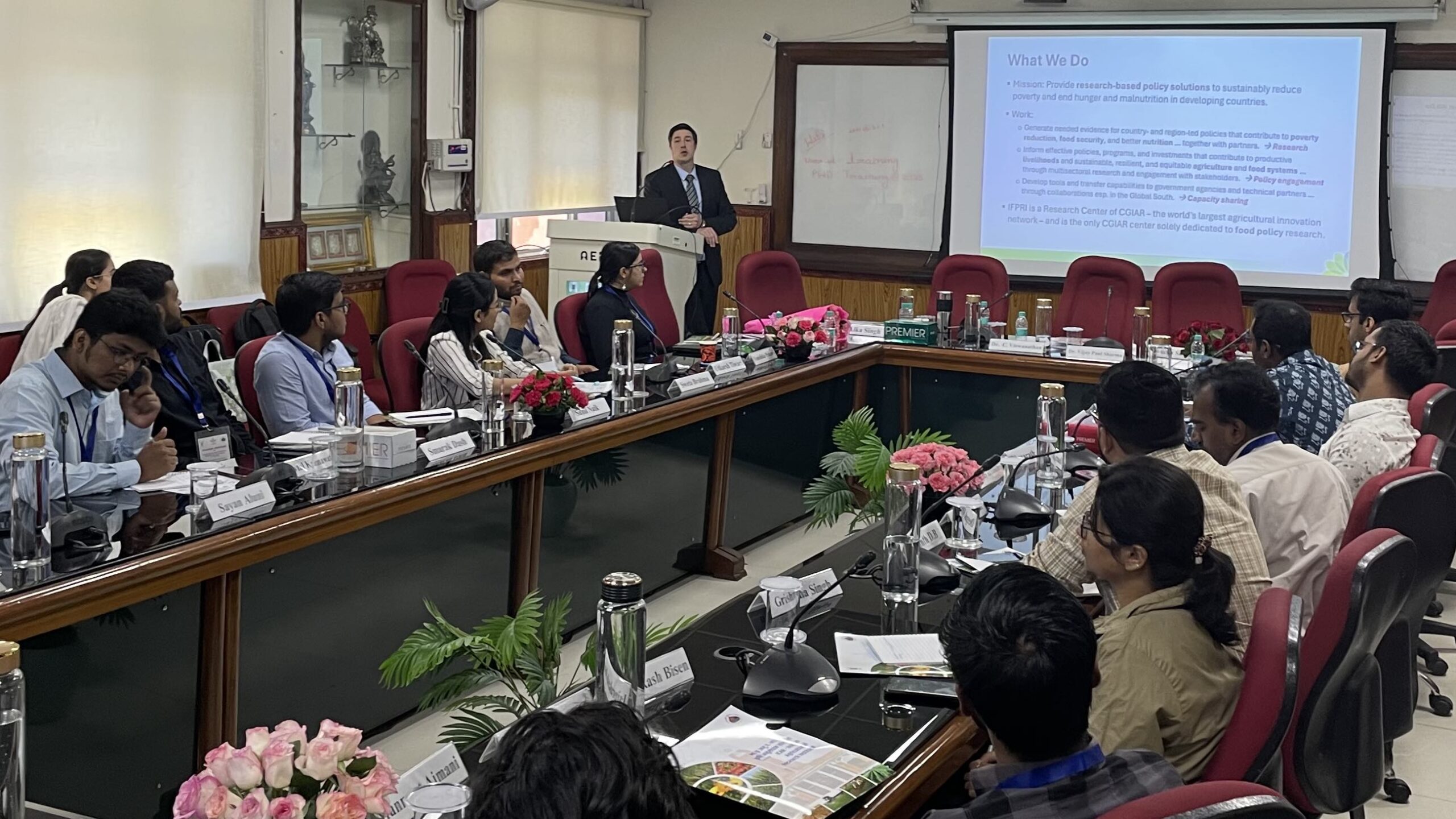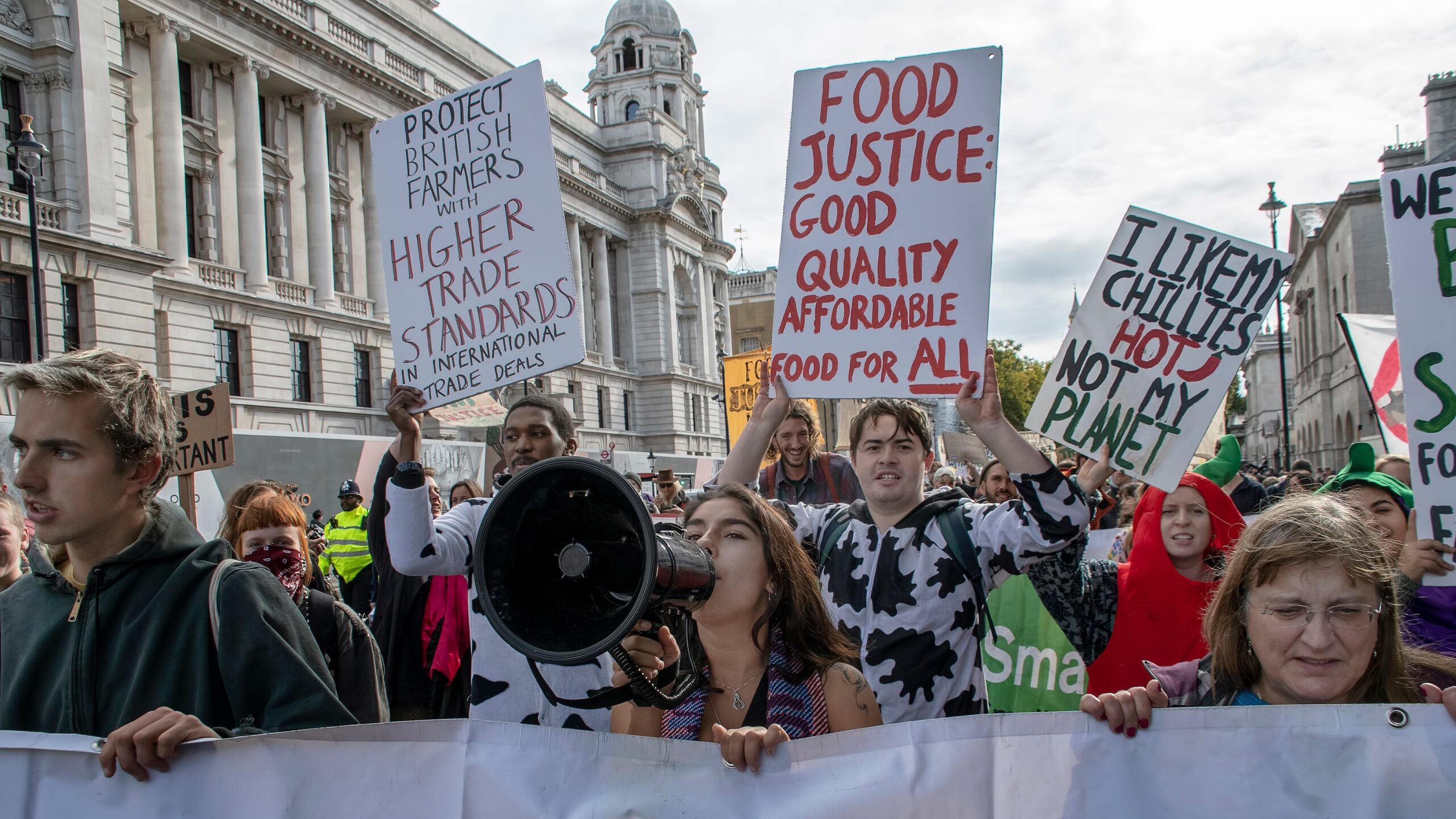The COVID-19 pandemic has caused unprecedented disruptions of social interactions, affecting both the supply and demand for food. These disruptions to jobs, income and food supply magnified and exacerbated existing inequalities. While the emerging urban middle class suffered greater income losses, the poor and vulnerable in rural and urban areas experienced the worst livelihood impacts. Many social programs, including cash transfers, nutrition and education were interrupted, delayed, or halted, setting back decades of process in reducing poverty, hunger, malnutrition and illiteracy. While efforts have been made to address these inequalities, they are likely to persist, as the global vaccine rollout is disproportionately delivering doses to wealthy countries and relatively well-off individuals.
Research from IFPRI and our partners over the past year has confirmed these impacts, but it also has illuminated the possibilities for addressing many of these longstanding problems. Instead of incremental changes to food systems, lessons from COVID-19 provide a unique opportunity for real structural change that can make these systems more efficient, resilient, healthy, sustainable, and equitable. The pandemic is far from over, but as we look toward the future, policymakers must aspire to more fundamental changes in the food systems needed, leveraging multi-sectoral action and adapting to multiple shocks—disease, climate, economic and conflicts.
Many of the pandemic’s worst consequences have been suffered by poor people in low-income countries. For example, surveyed households in Bangladesh, Myanmar, and Ethiopia cut their spending on food by more than a quarter on average. And in Bangladesh, more than a third of youth surveyed reported moderate or severe food insecurity during lockdowns, with some households even going without food for an entire day.
And people are not just eating less. They are eating worse. Research has found that falling incomes, as well as closures of traditional markets and other disruptions in the supply of fresh produce have caused people to consume less diverse diets and more highly processed and starchy foods. Such dietary trends are possibly exacerbating already rising rates of overweight/obesity in many low and middle-income countries.
The COVID-19 crisis with all its complexities has shifted the political equilibrium, opening space for big change. In the policies and programs implemented to address the pandemic, we see indications of how innovations, reforms, and expansions can blunt the impacts of a major shock, as well as the potential for creating long-term change. Perhaps the greatest indication of this potential is the massive growth in social protection programs implemented early on. Such programs aim to reduce poverty and malnutrition by providing food, cash, or other assistance, and there is a large body of evidence showing that they work.
In response to the pandemic, many such programs all over the world increased benefits or expanded to new recipients. According to the World Bank, the number of social protection programs implemented globally skyrocketed in 2020, from 103 in March to 1179 in December. These have been expanded most in middle-income countries and were most effective, when already existing programs could be expanded. Few low-income countries had social protection programs to ramp up. One exception was Ethiopia, in which IFPRI found that the country’s Productive Safety Net Program almost completely offset pandemic-induced increases in food insecurity among poor households in the districts served. These multiple social protection responses provide important lessons—particularly in what programs can provide a base of support for the poor and vulnerable that can be expanded and adapted to respond to shocks.
COVID-19 has also highlighted the benefits of investing in an enabling environment for business innovation. Countries with solid infrastructure, flexible markets, and responsive policy systems by and large saw businesses along food supply chains adapt to pandemic conditions. In some middle-income countries, for example, e-commerce jumped by 100% as markets closed and people were urged to stay home. This growth and adaptability signals the urgency of investing in digitalisation, especially for the rural areas that produce most of the world’s food but lag in digital connectivity.
Of course, many businesses also failed in this crisis, some policy responses were less effective, and measures like lockdowns to contain the virus often led to severe hardships, particularly for the poor who tend to rely on physical labor for income. Recognising that more shocks are coming, especially in the context of climate change—whether new pandemics, natural disasters, or market failures like the 2007–08 food price crisis—we must act now to transform our food systems so that they are resilient to shocks of all types and scale and serve all the populations of the world equally. The successes and failures of the last year should in part guide us in this process.
Now is a time like no other: COVID-19 has changed what is politically possible, demonstrating both the potential and urgency of sound policies. Major global events taking place this year, including the United Nations Food Systems Summit, Climate Change Conference (COP26), and Nutrition for Growth Summit, will focus international attention on food system transformation and can serve as catalysts for action. National and local leadership, along with civil society, will be crucial in designing and implementing policies that translate commitments into sweeping transformation. We must seize this opportunity to make our food systems stronger in the wake of COVID-19—more resilient, more sustainable, and more equitable than what came before.
Johan Swinnen is Director General of IFPRI; John McDermott is Director of the IFPRI-led CGIAR Program on Agriculture for Nutrition and Health (A4NH) and co-chair of the CGIAR COVID Hub.
This post first appeared on the UN Food Systems Summit site. The views and opinions expressed in this post are those of the authors and do not necessarily reflect the official policy or position of the UN Food Systems Summit.







